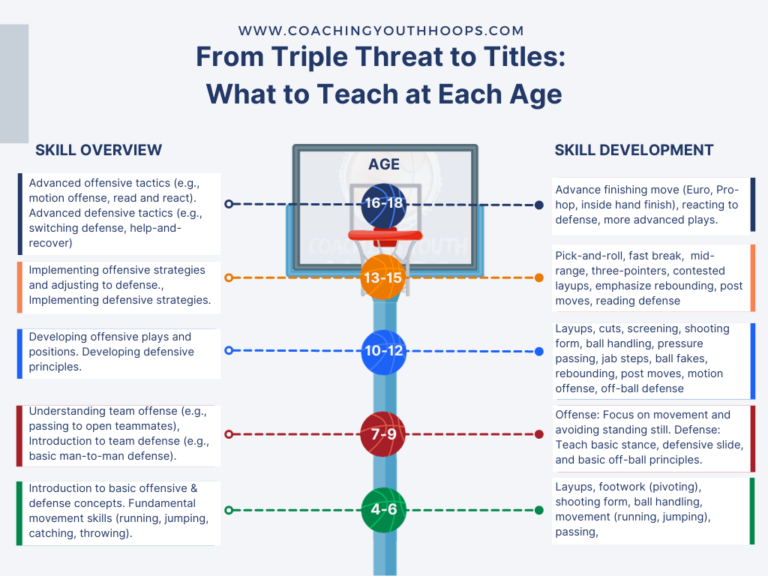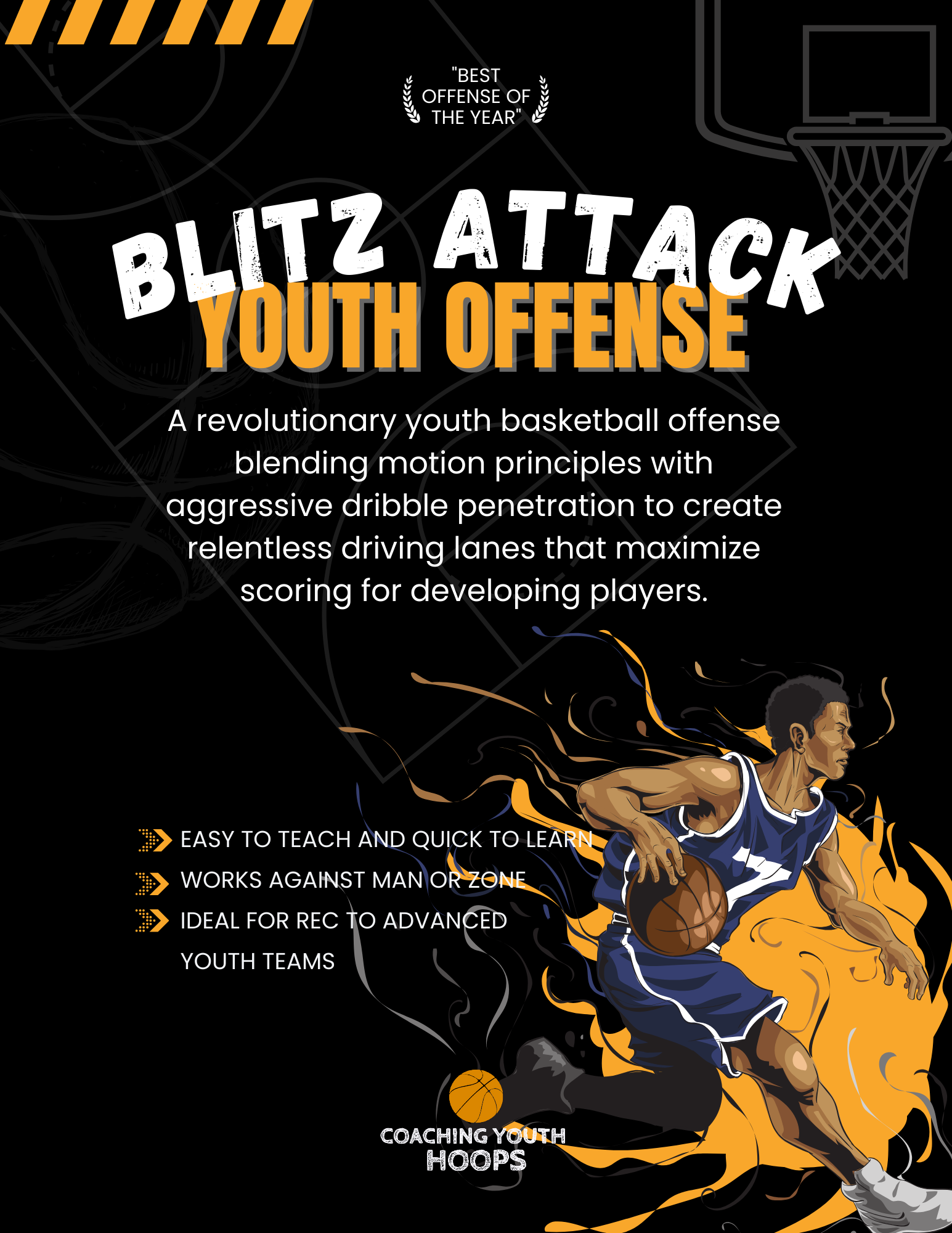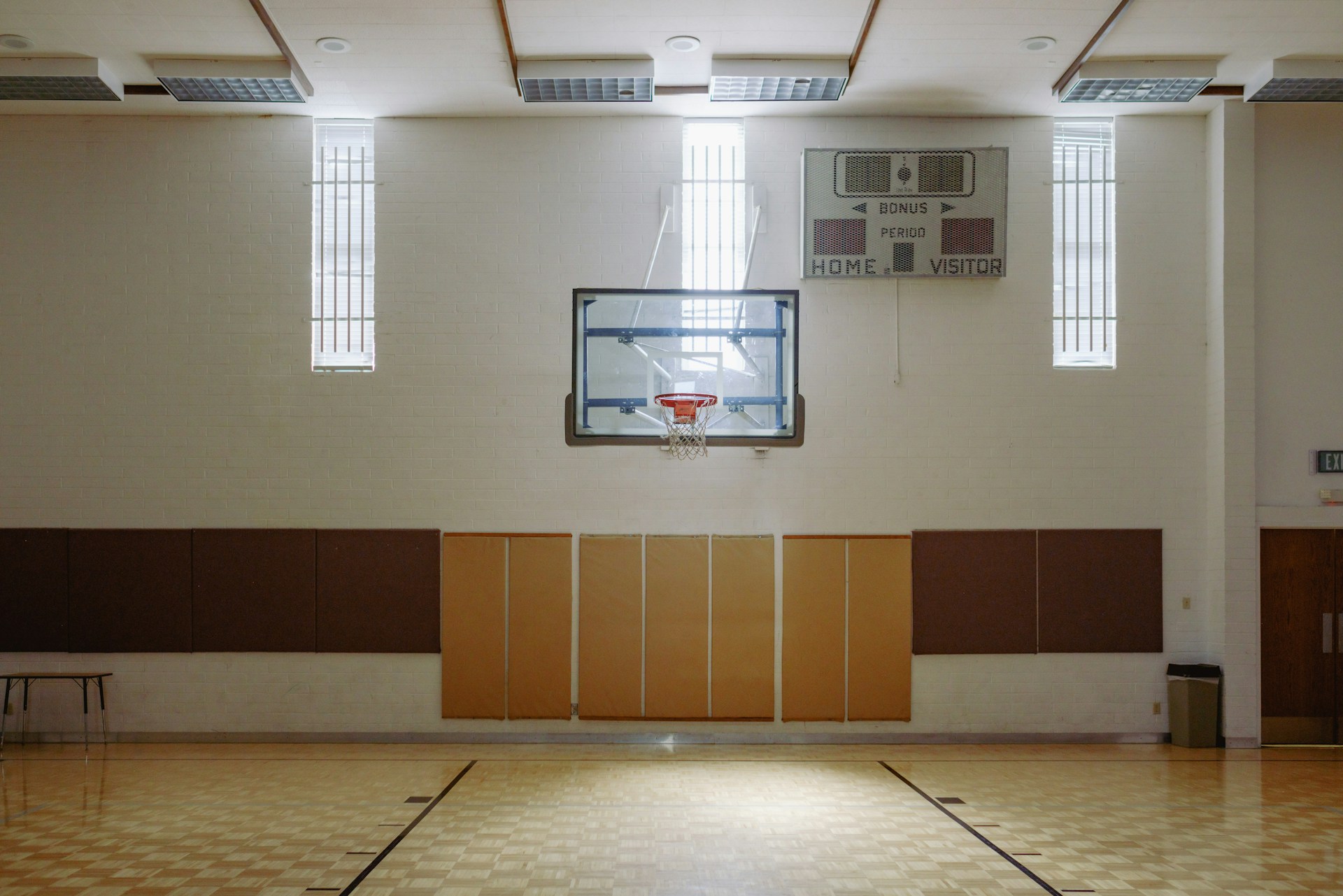Discussion Points:
- Introduction
- The Importance of Modeling Etiquette and Behavior
- 5 Ways Coaching Etiquette in Youth Basketball Affects Gameplay
- Conclusion
- FAQs
Beyond the Scoreboard: Building Skills and Character in Youth Basketball
Basketball, particularly at the youth level, isn’t solely focused on the scoreboard or the end-of-season trophies. It’s about developing skills, confidence, and character. It’s about creating an environment where young players feel valued, where they learn to trust in their abilities and in the support of their teammates. The role of a coach in this setting transcends that of merely instructing athletic skills; it involves being a mentor, a guide, and sometimes even a role model. As a result, coaching etiquette in youth basketball stands as an important, though often forgotten, aspect of our job.
Through my years pacing along the sidelines, I’ve observed how the lessons from the court translate into everyday life. Discipline, perseverance, teamwork, and resilience learned through basketball provide a foundation for personal and academic successes. One critical role we play as coaches is that of modeling proper etiquette and sportsmanship. How we conduct ourselves during the highs and lows of the game teaches our players about respect, integrity, and fairness. Our reactions to a missed call, our interactions with the opposing team, our decisions about who plays and when. These moments are all teachable opportunities, not just about the game of basketball, but about life itself.
Engaging in youth sports as a coach is a privilege that comes with substantial responsibility. We are tasked with shaping not just athletes but future adults. The values we emphasize, the behavior we model, and the attitudes we nurture are observed and absorbed by young minds, eager to emulate the figures they admire. This makes our conduct, both on and off the court, a powerful tool for positive influence. So let’s discuss coaching etiquette in youth basketball.
4 Important Points of Coaching Etiquette in Youth Basketball
In youth sports, coaches are much more than tactical advisors. They become beacons of behavior for young players still learning how to interact in competitive environments. The way a coach responds to the various situations that arise during a game can have a lasting impact on young athletes. This is because players often look up to their coaches not only for guidance on playing the game but also for how to conduct themselves in both victory and defeat. These are among the intangible keys to coaching youth basketball.
- Demonstrate Self-Control:
- Even when emotions run high, such as during a controversial referee call, a coach’s ability to remain calm and composed sets a strong example. Model this by addressing the referee politely, questioning decisions respectfully, and focusing on the next play instead of dwelling on the mistake. This approach not only helps maintain a positive atmosphere but also teaches young athletes the value of composure under pressure, preparing them for handling life’s challenges outside of sports. This might be the most important aspect of coaching etiquette in youth basketball.
- Respect Opponents:
- Foster a culture of mutual respect by encouraging players to acknowledge the efforts and skills of opposing teams. This could include applauding good plays made by opponents, helping an opponent up if they fall, and maintaining a positive demeanor even towards rival fans and coaches. These actions reinforce the concept that respect for others remains paramount, irrespective of the stakes of the game.
- Promote Positive Team Dynamics:
- Another aspect of coaching etiquette in youth basketball is to actively work to create an inclusive team environment where every player feels valued and supported. This can be achieved by equally distributing praise and constructive feedback, ensuring that all team members receive attention and recognition for their efforts. Encourage players to support each other, both on and off the court, fostering a sense of team unity and camaraderie that transcends individual performance.
- Instill Good Habits During Practice:
- Practices are the ideal setting for ingraining desirable behaviors and ethics. Use this time to emphasize the importance of diligence, punctuality, and commitment to the team. Regularly remind players of the rules and expectations, and be consistent in enforcing them. By doing so, you help cultivate a disciplined and respectful team ethos that players can carry into every aspect of their lives.
- Practices are the ideal setting for ingraining desirable behaviors and ethics. Use this time to emphasize the importance of diligence, punctuality, and commitment to the team. Regularly remind players of the rules and expectations, and be consistent in enforcing them. By doing so, you help cultivate a disciplined and respectful team ethos that players can carry into every aspect of their lives.
Every interaction with your players is an opportunity to impart valuable life lessons. As coaches, we must be acutely aware of the influence we wield and strive to set examples that inspire our players to pursue excellence and integrity in all they do. Our legacy isn’t defined by the number of games won but by the respect, character, and ethical standards we instill in our players. We may not actively think about coaching etiquette in youth basketball, but embracing this responsibility wholeheartedly is the true essence of being a coach in youth sports. This ensures we leave a positive, lasting impact on the lives of young athletes.
What to Teach at Each Age
Unlock the secret to crafting drills and practice plans that perfectly match your team’s cognitive and motor skill growth at every age level.

5 Ways Coaching Etiquette in Youth Basketball Affects Gameplay
In the world of youth basketball, the role of a coach extends far beyond teaching the fundamentals of the game. Effective coaching involves instilling values, fostering a positive environment, and guiding young players in the right direction both on and off the court. Good coaching etiquette in youth basketball is fundamental to achieving these goals and setting a positive example for young athletes. Here are five key ways in which proper coaching etiquette in youth basketball can enhance the experience and development of youth basketball players, ensuring they gain not only athletic skills but also valuable life lessons.
- Respecting Opponents
It’s crucial to instill a sense of respect for opponents, regardless of the competitive nature of the game. This respect should be evident in how we talk about opposing teams, the sportsmanship we display, and the integrity with which we coach our players. Encouraging players to shake hands, exchange friendly words post-game, and acknowledge good play from opponents fosters a positive sporting environment. - Handling Defeat Gracefully
Losing is inevitable in sports, but it can be a profound learning opportunity. By focusing on what was learned from the loss rather than the outcome itself, we help players develop resilience. Encourage reflection post-game by discussing what strategies worked, what didn’t, and how we can improve. This approach shifts the focus from disappointment to development. - Fair Play
Fair play is fundamental and should be emphasized in every aspect of coaching, from following the letter of the rules to embodying their spirit. This includes discouraging any form of cheating or bending of the rules to gain an advantage. Teaching players to play fairly leads to more enjoyable and rewarding experiences for everyone involved. - Substitution Ethics
When a game’s outcome is no longer in question, it’s an ethical practice to give less experienced players time on the court. This not only helps in developing all team members but also demonstrates compassion and sportsmanship by not excessively widening the score margin. Such moments are perfect for teaching newer players through real-game experience while respecting the dignity of the opposing team. - Communicating with Officials
Dealing with officials can often be contentious, yet it presents a critical opportunity to demonstrate respect for authority. Always addressing officials calmly and politely, even when disputing a call, sets a standard for players. It’s also important to discuss these interactions with your team, explaining why maintaining composure is crucial and how it reflects on the team and the game itself.
Conclusion
Throughout my years in coaching, I’ve learned that the true measure of a coach’s success isn’t tallied in wins or losses but in the respect, integrity, and character we help develop in our players. These young athletes will carry the lessons learned on the basketball court into all areas of their lives. As coaches, our commitment to proper coaching etiquette in youth basketball and respectful conduct provides a foundation not only for better players but for better people. This is our greatest responsibility and our most significant reward.
Zoom Action Continuity Youth Offense
I developed the Blitz Attack to maximize scoring for developing players. This innovative continuity offense blends the best of Zoom Action and motion principles with aggressive dribble penetration.

FAQs
Q: What should I do if I disagree with an official’s call?
A: Always address officials respectfully. If you must discuss a call, do so calmly and during a break in the play. Teach your players to focus on the game, not the officiating. That modeling reinforces positive coaching etiquette in youth basketball.
Q: How can I teach my players to handle losses better?
A: Focus on the effort rather than the outcome. Encourage players to identify what they did well and what could be improved. This helps them see loss as a learning opportunity.
Q: Is it appropriate to have a favorite player?
A: While it’s natural to have players who excel, it’s important to treat all players equitably. This is an important part of coaching etiquette in youth basketball. Provide equal support and encouragement to foster a team environment where everyone can thrive.
Q: How should I handle a player who is being overly aggressive on the court?
A: Pull the player aside and explain the importance of fair play. Help them understand how their actions affect others and the game. Emphasize skill development and teamwork over aggression.
Q: What’s the best way to handle parental concerns about playing time?
A: Be transparent about your decision-making process regarding playing time. Explain your philosophy and the importance of development for all players. Encourage open communication and be receptive to feedback. That’s all part of coaching etiquette in youth basketball.



